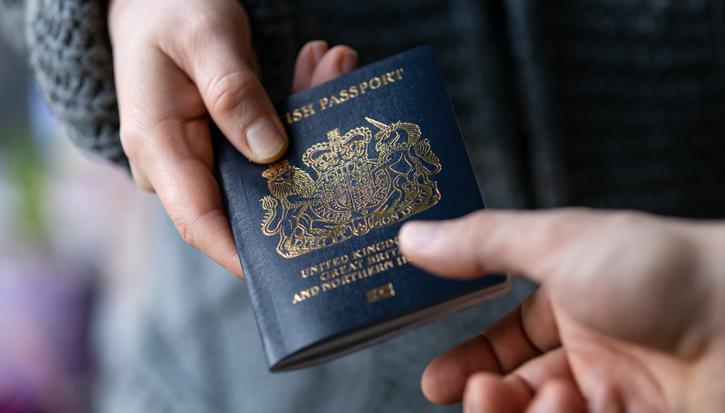Fight or flight: On rationality and resilience in the Labour party
Article
'Nobody knows anything " Not one person in the entire " field knows for a certainty what's going to work. Every time out it's a guess and, if you're lucky, an educated one.' So wrote the acclaimed screenwriter, William Goldman, about the movie business. Politics is probably not that different.
No one can be sure why Labour lost the general election as badly as it did – not yet anyway. The much-trumpeted exit poll certainly helped make what would otherwise been a few hours of dead television time more exciting than they would have been otherwise. But that poll didn't include questions that would help us to guess who voted for whom and why. The British Election Study will eventually yield a few clues, but pretty much all we've got to go on until then are a couple of post-election surveys for Lord Ashcroft and the TUC, plus a reworking of its pre-election polling by Ipsos MORI.
That said, the message coming out of that research seems pretty clear. Labour had a big lead on the NHS and was generally thought of as more in touch with ordinary people than the Conservatives, who still aren't completely trusted on the health service and remain, in the eyes of many voters, the party of the rich. But that, in the end, was no barrier to a Tory win for two main reasons: first, David Cameron was seen as a plausible prime minister and Ed Miliband wasn't; and second, because most people thought the economy was beginning to turn around and didn't think Labour, given what they thought was its poor track record in government, could be trusted to run it.
If the Labour party were a wholly rational actor, then the course it should take almost suggests itself.
- It shouldn't pay too much attention to what those vying for the leadership choose to say right now but should pick whichever of them looks best able to project competence, credibility, and authority.
- Whatever policies it comes up with should be pitched at, or at least framed around, English middle-income earners and the mythical-but-must-have 'centre-ground'. The emphasis should be on the concrete, the consensual, the deliverable over the visionary and the radical. Talk of tackling inequality should be replaced with a rhetoric of fairness, which stresses rewarding hard work and making sure that those who do don't get ripped off by those who won't.
- As an opposition, Labour should attack the Tories for messing up, not for callousness, which is already priced into their reputation. And it shouldn't devote any time, energy or even headspace to building some sort of progressive popular front with 'wider Labour movement' or the Greens or, for that matter, the Lib Dems: it would simply push the party into a left-libertarian electoral deadend. Likewise there's probably (and very frustratingly) little point at this late stage in trying to rescue the reputation of Blair–Brown government.
- As for Scotland, if it ever comes back to Labour, it will have to do so in its own good time – presumably after years of practical criticism help to erode the SNP's claim to good governance – and even that might not help, since independence might come first anyway.
But whether Labour can do what it should do is far from certain. After all, it is no more a rational actor than any other political party. It is a living breathing thing – a complex organism capable of intelligent, adaptive behaviour, yet just as apt to rely on muscle-memory and to be blinded by emotion, not least the conviction that its main opponent, since it is so self-evidently morally suspect, can only win by getting its friends in the media to foster false consciousness in an electorate consequently unable to see where its best interests really lie. In a challenging environment – and the fact that it can't win next time unless we see a swing of 1906 or 1945 proportions is surely a sign that precisely such an environment exists – it sometimes chooses to fight when flight is the better response, and vice versa. Labour is also an institution. It relies on routines, rules, and sources of funding which reduce its room for manoeuvre, making it all-too-liable to avoid doing what it needs to do even when it seems obvious to everyone else.
Still, if the past is any guide to the future then the pessimists shouldn't have it all their own way. Lest we forget, people who knew everything wrote off Labour in 1935, in 1959 and in 1992. Sometimes sheer resilience counts just as much as rationality.
Tim Bale is professor of politics at Queen Mary, University of London.
Other articles in Juncture's post-election series
{{ readMore("id=110", "contentType=juncture") }}
Related items

Mission-driven industrial relations: The case for fair pay agreements
How fair pay agreements could support the government’s mission-based approach by resolving labour market challenges.
Women in Scotland: the gendered impact of care on financial stability and well-being
Women in Scotland are far likelier than men to take on childcare and other caring responsibilities, which puts them at an economic disadvantage.
Citizenship: A race to the bottom?
The ability to move from temporary immigration status to settlement, and ultimately to citizenship, is the cornerstone of a fair and functional immigration system.